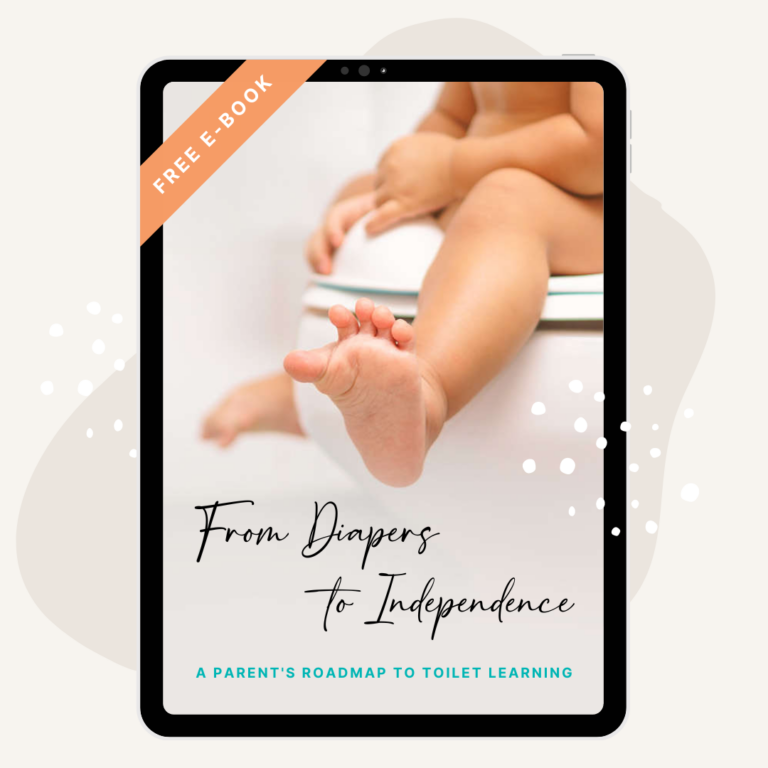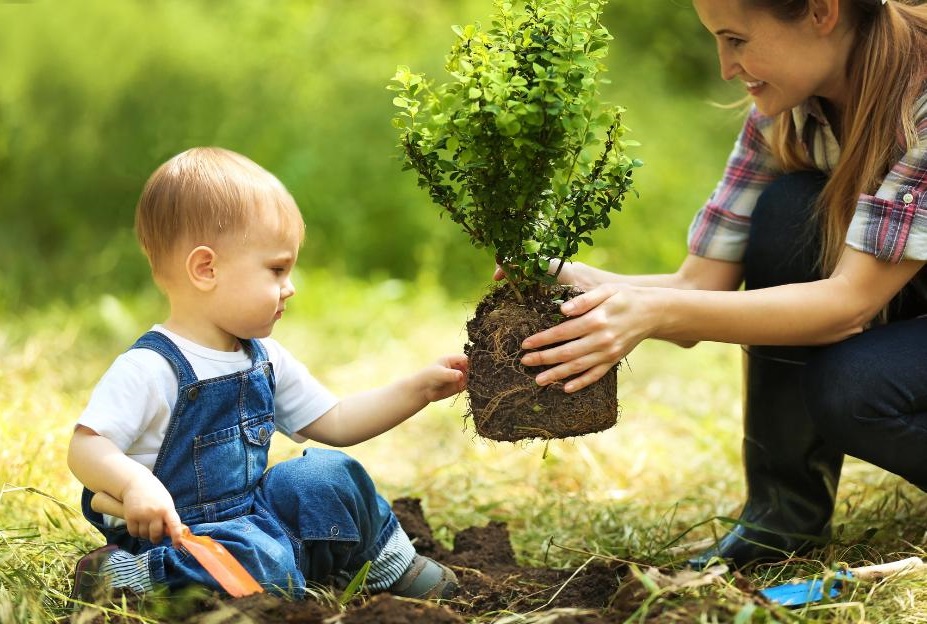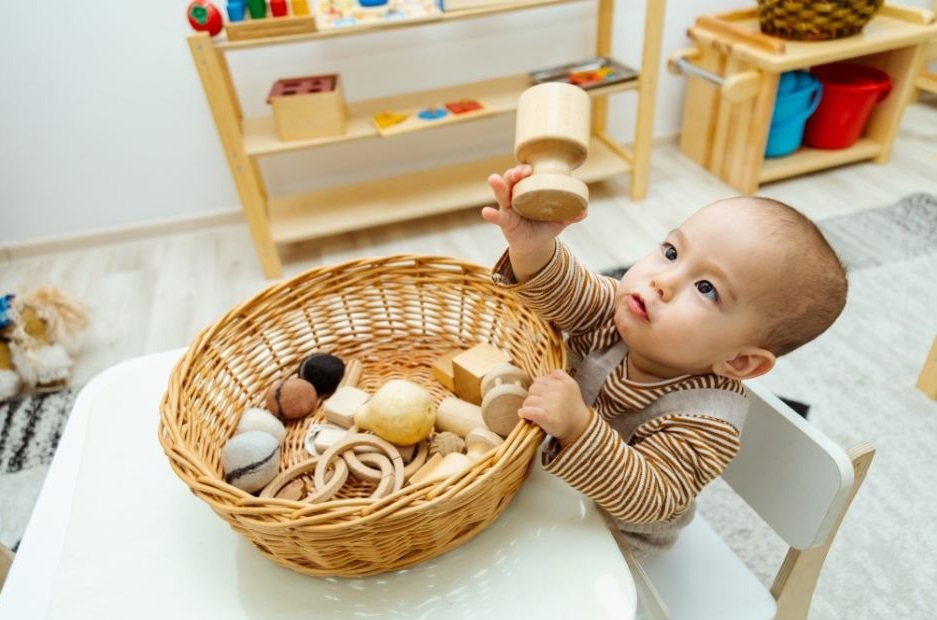As adults, there’s a lot we could learn through our children. They experience such wonder and awe for all that life has to offer and are fully present in every moment. Young children even view what we as parents, caregivers, and educators might consider ordinary and mundane tasks as engaging new challenges. Whether it’s tying their shoes, washing the dishes, or preparing food, children relish in these moments and experience an overwhelming sense of joy and pride in their accomplishments.
Practical Life, one of the hallmarks of the Montessori Method, takes full advantage of the child’s interest and desire to be involved in these everyday routines and practices.
What are practical life activities?
Practical Life activities are purposeful tasks that provide the foundation for all other activities. They fulfill the child’s plea of “Help me to do it myself!”
The exercises of Practical Life typically fall into one of four major categories:
- Care of Self – such as handwashing, teeth brushing, and getting dressed
- Care of the Environment – such as sweeping, dusting, washing dishes, and gardening
- Grace and Courtesy – such as greeting someone, passing objects politely, and making introductions
- Control of Movement – such as walking on a line and making silence
Benefits of practical life activities
While many of us may naturally perform these everyday tasks on our own, young children can benefit immensely when invited to participate.
Here are several ways children benefit from engaging in practical life activities:
- Gain Independence – By learning how to successfully perform everyday tasks such as preparing their own snacks, pouring their own drinks, and dressing themselves, children become less reliant on others. They gain a sense of self-sufficiency as they learn what they’re capable of on their own.
- Develop a Sense of Order – Practical life activities enable children to learn how to do things in the right order because they follow certain rules or patterns. For instance, a child learns when setting the table that each utensil and piece of dinnerware and glassware has a designated space.
- Develop the Ability to Concentrate – Another benefit of engaging in practical life activities is that it fosters the development of concentration. Many of these tasks such as cutting with scissors or pouring a drink require intense focus and patience for successful completion. Developing this skill now will help children later avoid distractions during important tasks.
- Develop their Fine and Gross Motor Skills – Young chilren are still in a period of their lives where they are working hard to develop their fine and gross motor skills and to coordinate their movements; practical life activities support them in this endeavor. While practicing holding a small cup or pitcher by the handle when pouring a drink, tying their shoes, and walking carefully while sweeping the floor, children are being given the opportunity to coordinate the movements in purposeful ways.
- Improve Social Skills – The grace and courtesy exercises are critical in aiding young children in learning how to engage with others. They learn how to express their thoughts and feelings, how to take turns, and how to solve conflicts. All of these are essential lifelong skills.
- Strengthen their Sense of Self – Practical life activities provide children with an opportunity to discover what they’re capable of. As children successfully complete everyday tasks and become more self-sufficient, they gain a sense of confidence and pride that is unmatched.
- Strengthen their Sense of Belonging – In addition to strengthening a child’s sense of self, practical life activities help children experience a sense of belonging. When invited to participate in tasks such as folding the laundry, feeding the pets, and cooking dinner, children feel that they serve an important role in helping others in their family as a contributing member of the household community.
Shift from frustration and challenges to opportunities for growth and confidence in your child’s toilet learning journey thanks to our Parent’s Roadmap to Toilet Learning the Montessori way.
While everyday practical life activities may seem like simple, mundane tasks to us as adults, they are foundational in helping young children as they learn and grow. So the next time you go to bring in the groceries, do a load of laundry, water the plants, help your child get dressed, or introduce them to someone new, try to pause and invite them to join in. You may be surprised at how excited and joyful they are to be included and the immense pride they feel when they’ve accomplished something new!





